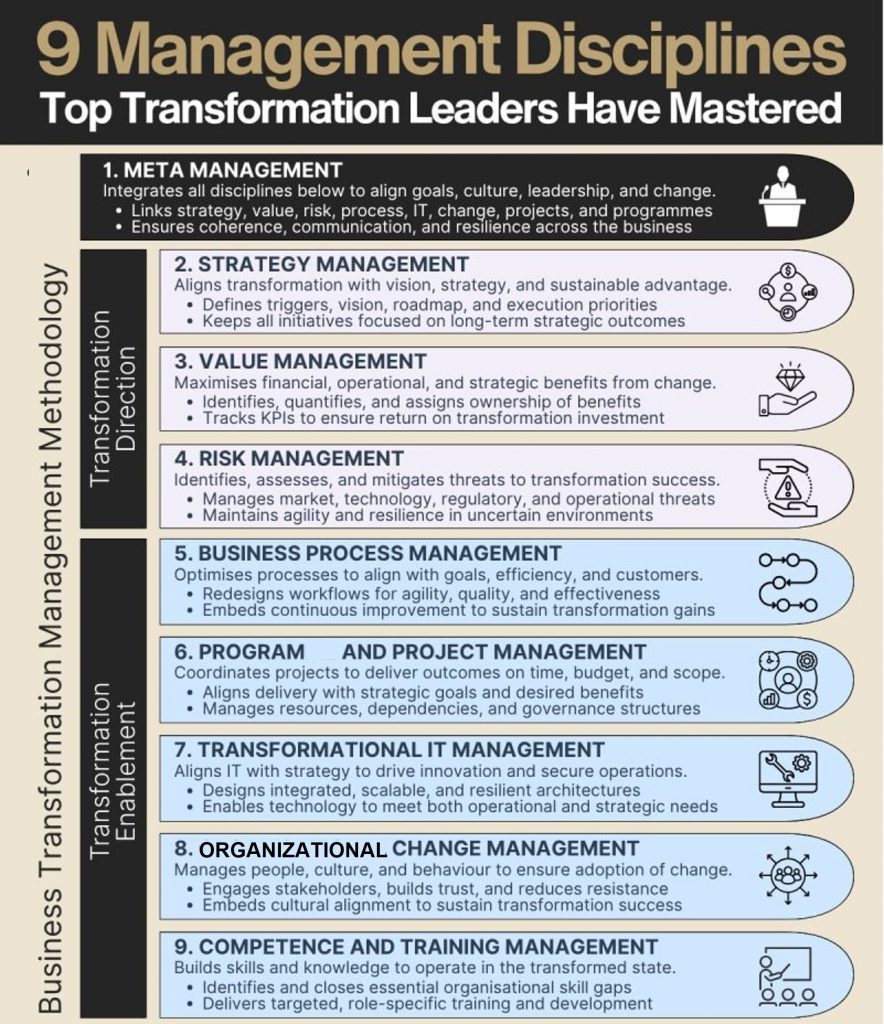GIIM Programs Focus On What Digital Leaders and Managers Must Know to Perform Effectively
- Leading the way in DigiTal management education.
- Dedicated to preparing digiTal leaders!
- Focused on digiTal management insights for a rapidly changing world.
- GIIM collaborates with its affiliates around the globe in delivering full degrees, certificates/certifications, postgraduate diplomas, and customized just-in-time executive workshops & seminars, via its comprehensive 35 digiTal management programs (over 150 40-hour courses).

Managers / Leaders Must Be Able To

- Leverage IT for demonstrable business value
- Understand/define the roles and responsibilities of key IT and non-IT stakeholders in deploying digital initiatives
- Prepare for the evolving/dynamic technical, business/industry, & social landscape/ecosystem
- Establish effective strategic, tactical and operational IT/digital governance processes
- Manage emerging technologies; what are they and how can they be leveraged for competitive advantage
- Ensure effective communications within and across the organization
- Develop a business-IT investment plan, with options; reconcile how these alternatives are assessed and allocated resources
- Leverage current and emerging digital trends for industry optimization (e.g., financial services, healthcare, pharmaceuticals, government, manufacturing, transportation)
- Effectively and efficiently integrate technologies within IT and across the enterprise
- Drive innovation and entrepreneurship; apply frameworks of best practices that derive competitive advantage
- Effectively manage change and its associated risks (within the business, IT, & external partners)
- Prepare a scalable strategy and associated plans to meet capacity & business/industry/environmental demands
- Anticipate sourcing strategies; considerations for insourcing (hiring, training, motivating) or outsourcing (e.g., Capex vs Opex, build a facility, risk evaluation, onshore/near shore/far shore, vendor selection)
- Implement effective Human Resource initiatives
- Formulate the right team and organizational/reporting structure
- Build optimal operational and technical plans in harmony with the strategic business plans and growth initiatives
- Develop and groom IT staff to take on more managerial responsibilities
- Lead & manage initiatives to ensure that all commitments are attained
- Enhance client & vendor/service provider alignment; strategic, tactical and operational governance, and contract negotiations
- Establish a partnership with the business and strategic external partners
- Measure and assess ITs contribution to the business (e.g., ROI, TCO, TVO, Balanced Scorecard); IT financial management
- Improve key digital management processes (e.g., analytics & reporting, security, continuity, capacity planning & availability, service levels, project management, problem management, procurement, information assurance, budgets, people management)










